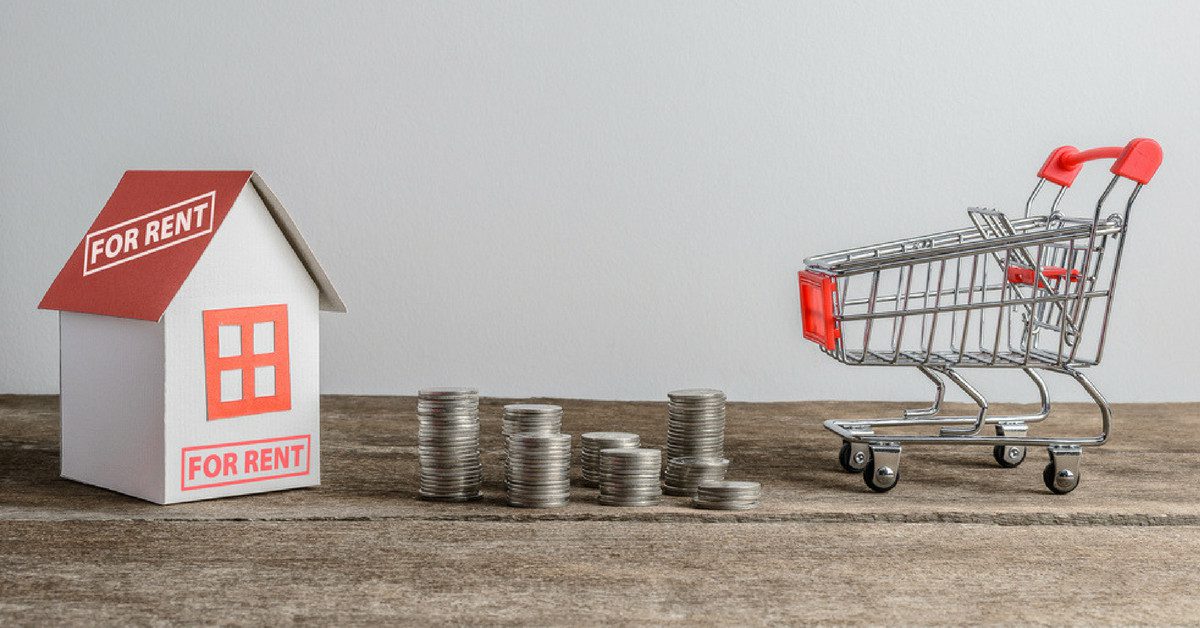
Second Home Investment to derive the maximum benefits on the investment, in the long run. There are several factors to consider before buying a second home. You may contact us
However, recent changes in tax laws, in financial year 2017-18, have changed the home buyers’ outlook towards investing in second homes. One main reason, is that the deduction of Rs two lakhs, available on home loan interest, is now the same, for both, rented and self-occupied property. Moreover, the loss on house property that can be reduced from ‘income from other sources’, is confined to Rs two lakhs only. As a result, many salaried employees and businessmen, who sought second homes so that they could reduce their tax liability, are now looking for other means to earn returns.
Second Home for investment/rental income?
Most second home investments range in a ticket size of Rs 40-80 lakhs, with houses in the premium segment. Earlier, buyers bought the property from an investment point of view and kept the houses vacant for most part of the year. The return on their investments, came only when property prices increased, over many years.
Rental income yields on residential property, are typically three per cent, depending on the market and can go up to five per cent, if one buys an under-construction property. This alone may not be a sufficient reason to buy. So, one should buy only if there is an expectation of capital appreciation, as well.
Factors that will impact your second home investment
Most home buyers buy second homes, purely for investment purposes, or as a holiday home (near tourist places), or for earning rentals in cities.
- Entry level price and rental yields
The profit on a second home, will depend on the segment, the location and the probability of renting out the unit. “There have been instances, where renting happens regularly and with a good amount as rental. However, if the entry price (the cost of buying the unit) is high, it impacts the return on investment (ROI). Similarly, buying a second home in a location where the cost of the unit is lower, may also entail less frequent renting and lower rentals. So, making an intelligent decision while buying a second home unit, is all about buying where price-points are not too expensive and rental incomes are.
- Income tax laws
The maximum deduction on interest, is now capped at Rs two lakhs, against the entire interest that was tax-free earlier, even though there is a provision to carry forward the losses in eight consecutive financial years. Even with this carry forward facility, it will still be a loss-making venture, for those trying to buy a second home with loans, because the interest on loans, as well as on rental income, will become taxable. The smart way out, would be to check one’s investment portfolio and plan one’s finances, in a manner that permits the enjoyment of benefits of a second home, without burning cash or making losses.
- Infrastructure development
However, finding the right balance may not be easy, especially when there are so many factors that can affect prices and property market’s economy. Some of the factors that one should consider, are population growth, affordable pricing, location and infrastructure development. Generally, higher rentals can be expected near educational zones and corporate hubs.
Purpose of buying the second home
Most importantly, a buyer must be clear about the purpose of buying a second home. It is always a good idea, to consult with one’s friends and family, before taking the final decision. First, identify a few good places to invest in. Consider investing in a property that is situated in a fast-developing locality, rather than investing in an already developed place, as a place that has already reached its saturation, may not provide high returns.